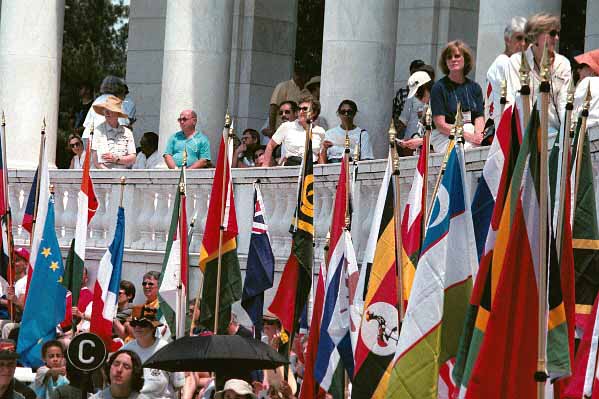 | Kerry reaches out to Returned Volunteers
The Kerry campaign wants the RPCV vote. Read our interview with Dave Magnani, Massachusetts State Senator and Founder of "RPCVs for Kerry," and his answers to our questions about Kerry's plan to triple the size of the Peace Corps, should the next PC Director be an RPCV, and Safety and Security issues. Then read the "RPCVs for Kerry" statement of support and statements by Dr. Robert Pastor, Ambassador Parker Borg, and Paul Oostburg Sanz made at the "RPCVs for Kerry" Press Conference.
RPCV Carl Pope says the key to winning this election is not swaying undecided voters, but persuading those already willing to vote for your candidate to actually go to the polls.
Take our poll and tell us what you are doing to support your candidate.
Finally read our wrap-up of the eight RPCVs in Senate and House races around the country and where the candidates are in their races. |







